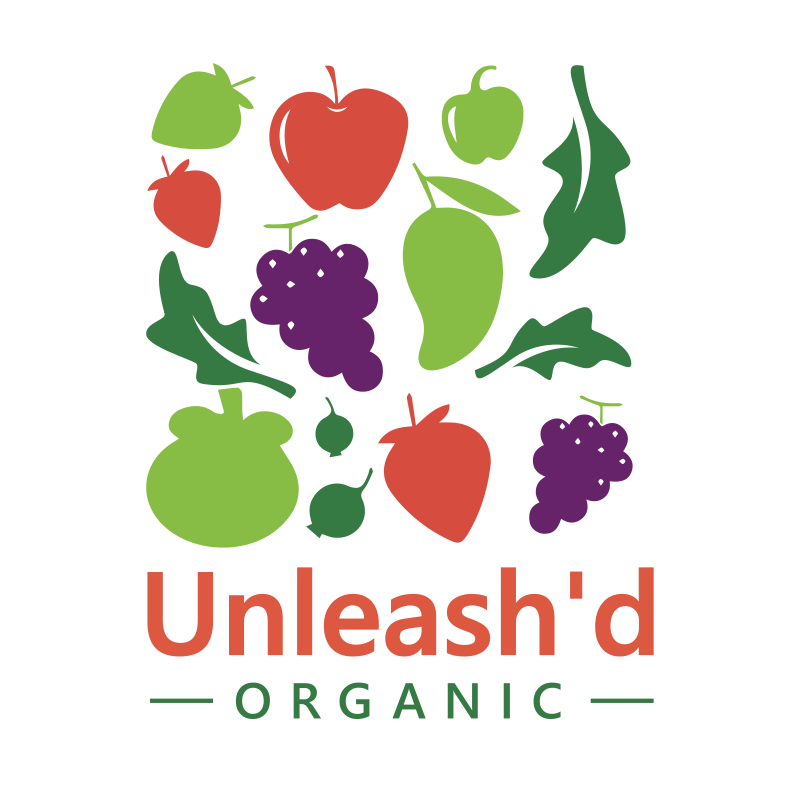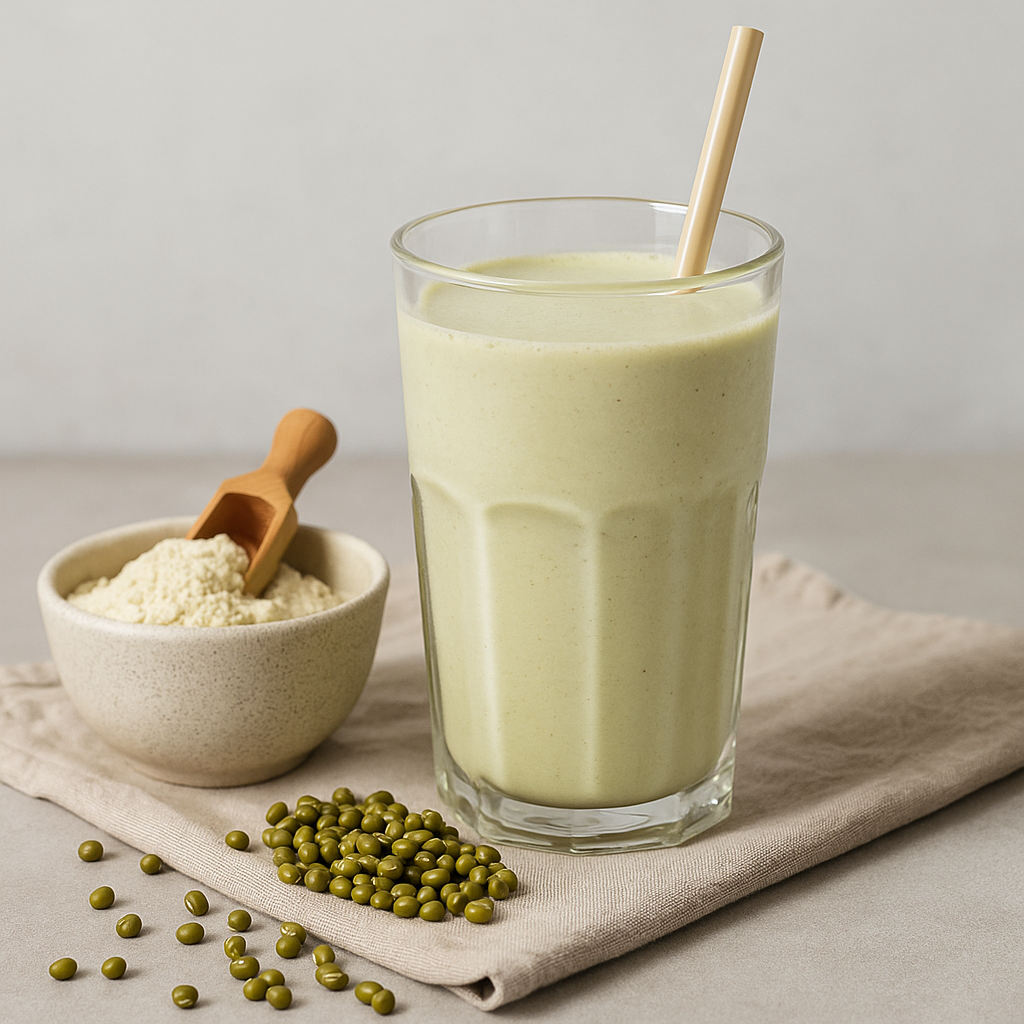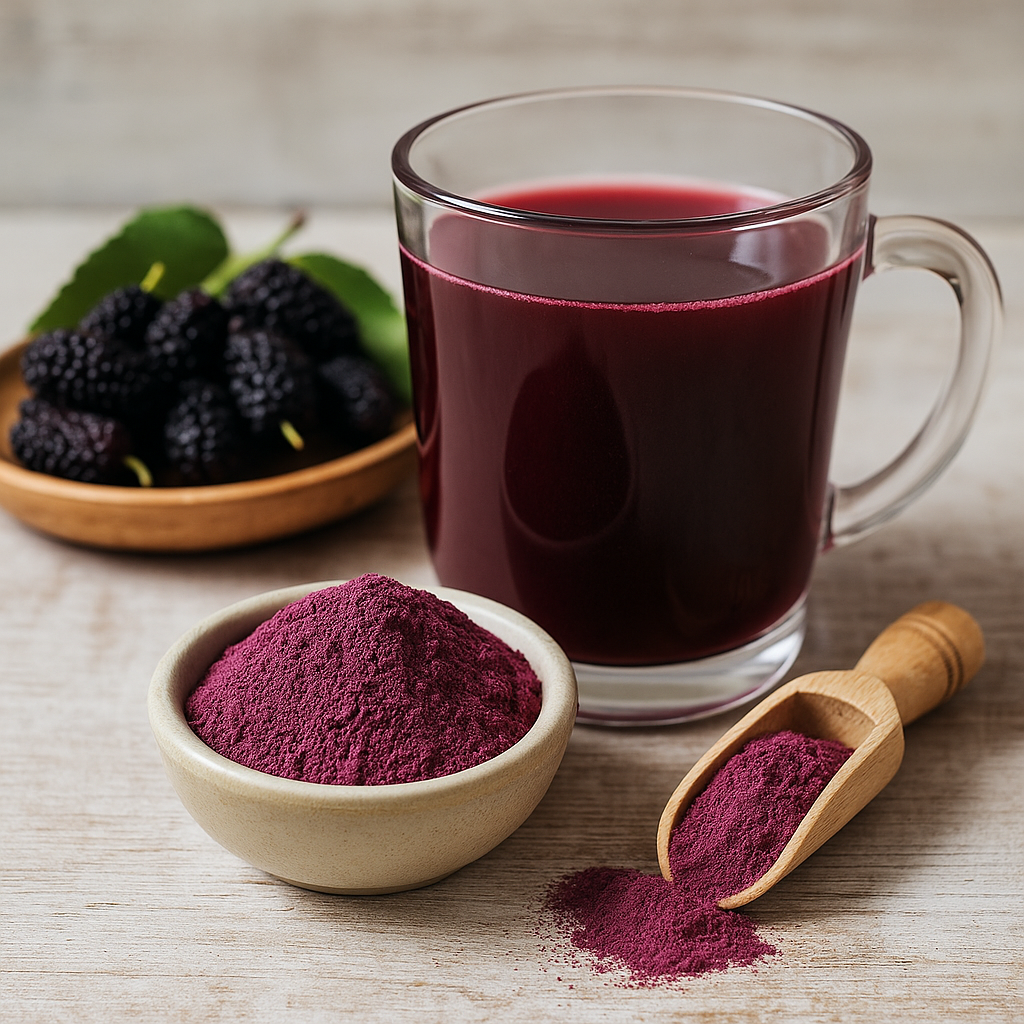As more people explore plant-based diets, the demand for high-quality protein alternatives has skyrocketed. From fitness enthusiasts to those simply aiming for better health, the shift away from animal proteins has highlighted legumes as a sustainable and nutritious choice. Among them, mung beans have gained recognition not only for their traditional culinary uses but also for their role in modern wellness as a natural supplement. But when it comes to protein,
digestibility matters just as much as nutrition. This leads to an important question: Is mung bean protein easy to digest? Let’s take a closer look at how mung bean protein is processed by the body, its organic and nutritional benefits, and the ways it can fit into a balanced lifestyle.
What Are Mung Beans and Mung Bean Protein?
Mung beans are small, green legumes native to Asia, where they’ve been cultivated for
thousands of years. Traditionally used in soups, stews, and even desserts, they’ve long been valued for their mild flavor and high nutrition.
Mung bean protein is typically produced by separating the protein content from the rest of the bean. This results in a concentrated powder that can be used as a supplement in shakes, smoothies, or even baked goods. With increasing demand for organic and clean-label products, many brands now offer natural, minimally processed options to appeal to health-conscious consumers.
Digestibility of Mung Bean Protein
Digestibility is often a concern with plant-based proteins, as some legumes are known to cause bloating or discomfort. This is usually due to compounds like phytates or certain fibers that interfere with digestion.
Mung beans, however, stand out for being easier on the stomach. Their protein is considered highly digestible thanks to two main factors:
● Amino acid profile: Mung bean protein is rich in essential amino acids, which the body
can absorb and use efficiently.
● Lower anti-nutritional factors: Compared to other legumes, mung beans contain fewer
compounds that hinder digestion, making them gentler for most people. Recent nutritional studies have supported these observations, noting that mung bean protein is
better tolerated than many other plant-based options. While individual experiences can vary, most people find mung bean protein to be smooth, light, and easier to digest.
Nutritional Profile and Calorie Content
One of the biggest benefits of mung bean protein is that it delivers excellent nutrition without
unnecessary calories. It provides:
● High protein content to support muscle repair, recovery, and growth.
● Low fat levels, making it ideal for calorie-conscious diets.
● Vitamins and minerals like folate, magnesium, and iron, all of which are essential for
energy and overall wellness.
Because it is nutrient-dense yet moderate in calories, mung bean protein fits easily into weight management plans and supports those looking to balance energy intake with performance.
Organic Benefits and Health Advantages
When sourced organically, mung bean protein offers an even greater benefit. Organic farming reduces exposure to pesticides and chemical residues, ensuring the purity of the protein. The result is a natural supplement that supports both personal health and environmental sustainability.
Beyond digestion, mung bean protein provides additional advantages: it may help maintain steady energy levels, support immune function, and contribute to healthy digestion overall. Some variations, such as mung bean juice or blended extracts, add versatility for those seeking convenient and effective ways to boost daily nutrition.
Incorporating Mung Bean Protein into Your Diet
Adding mung bean protein into your routine is simple and flexible. Here are some easy
approaches:
● Smoothies and juices: Blend a scoop of protein powder into fruit or vegetable mixes.
● Meals and snacks: Sprinkle into soups, stir into oatmeal, or add to homemade energy
bites.
● Capsules or powders: Use as a straightforward supplement for consistent intake.
Portion sizes may vary, but most people benefit from one serving (typically 15–20 grams of protein) per day, depending on dietary goals and activity levels. Combining mung bean protein with other whole foods ensures a diverse nutrient intake and amplifies overall health benefits.
Conclusion
Mung bean protein has earned its place as one of the most digestible plant-based proteins available. With a strong amino acid profile, gentle fiber composition, and fewer anti-nutritional factors, it provides an easy-to-digest alternative for those seeking sustainable, plant-based nutrition.
Packed with protein, low in calories, and rich in essential vitamins and minerals, it also serves as a valuable organic supplement that supports muscle health, digestion, and overall wellness. For anyone seeking a clean, effective, and natural source of protein, Unleash’d Organic’s mung bean protein powder is a smart addition to a balanced diet and a step toward long-term vitality.




Leave a comment
This site is protected by hCaptcha and the hCaptcha Privacy Policy and Terms of Service apply.